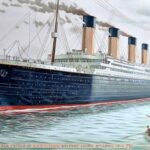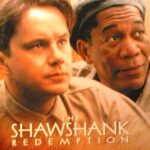I will be the first to argue that books are just about always superior to their cinematic remakes. But in rare cases, and to everyone’s surprise, a movie stands out as the better version, beating out its original literary form.
Here are some of the superior book-to-film adaptations based on a scan of critics reviews, best-of lists, movie polls and Reddit threads (plus, occasionally, my own strongly held beliefs, i.e. “Children of Men” and “Crazy Rich Asians”).
Note: Movie spoilers follow
‘Children of Men’
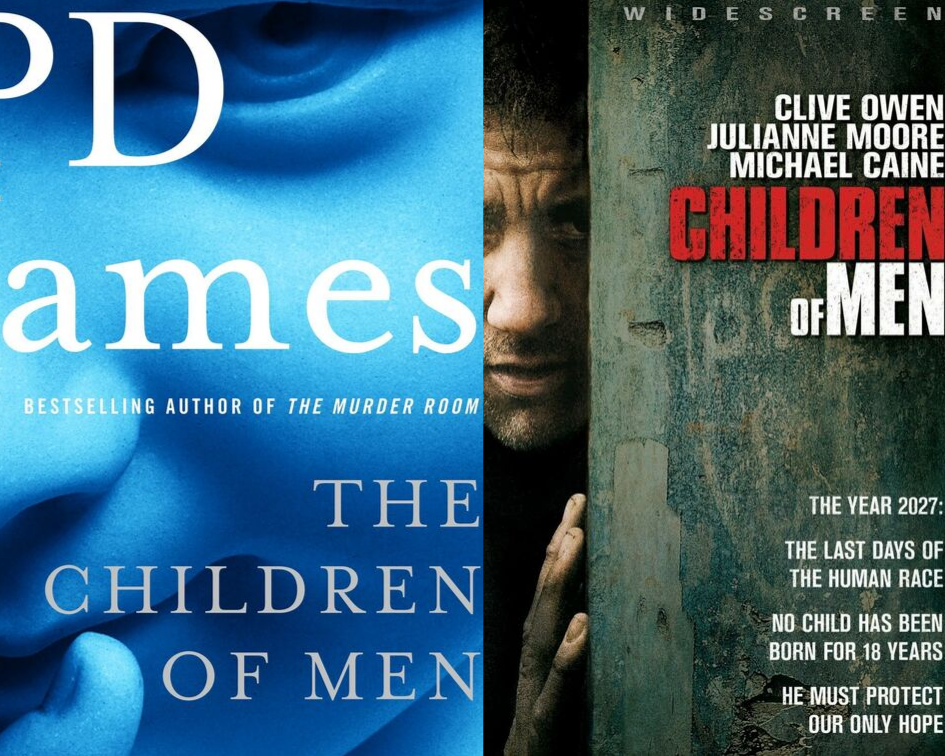
Alfonso Cuaron’s 2006 movie “Children of Men” was loosely based on P.D. James’ 1992 book “The Children of Men.” Both are set in a dystopian future England in a world where no children have been born in almost two decades. The relatively short book seems weak compared to its movie version. Clive Owen, Julianne Moore and Michael Caine star in the dark, striking film, which didn’t do well in theaters but continues to be both a critical favorite and relevant to today’s world.
“Few popular movies are so predicated on sudden death and irrevocable loss, while still offering the promise — or illusion — of hope,” reads a 2018 New York Times review.
‘Blade Runner’
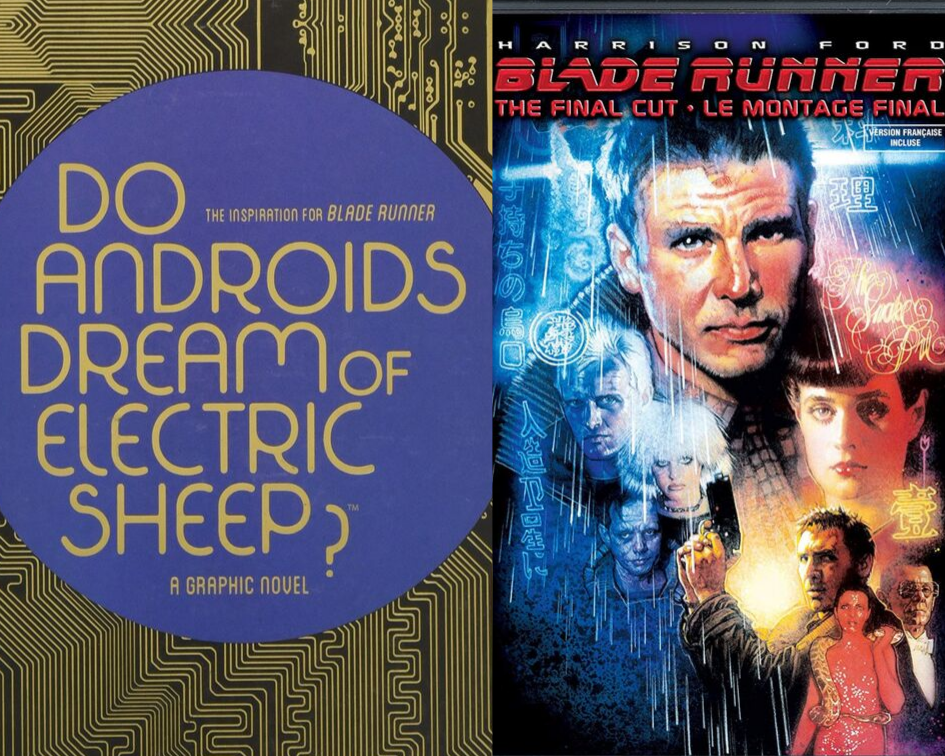
“Blade Runner,” the 1982 film starring Harrison Ford, is “inspired by” Philip K. Dick’s book “Do Androids Dream of Electric Sheep?” But where the book is more misogynistic and bleak, the movie’s actors flesh out the characters, including the android Replicants, allowing the film to show the humanity in all of its characters.
Dick was impressed with the rough cuts he saw of the film before he died.
“I can only say that I did not know that a work of mine or a set of ideas of mine could be escalated into such stunning dimensions,” Dick wrote to the film’s marketing lead. “My life and creative work are justified and completed by BLADE RUNNER.”
‘Mean Girls’
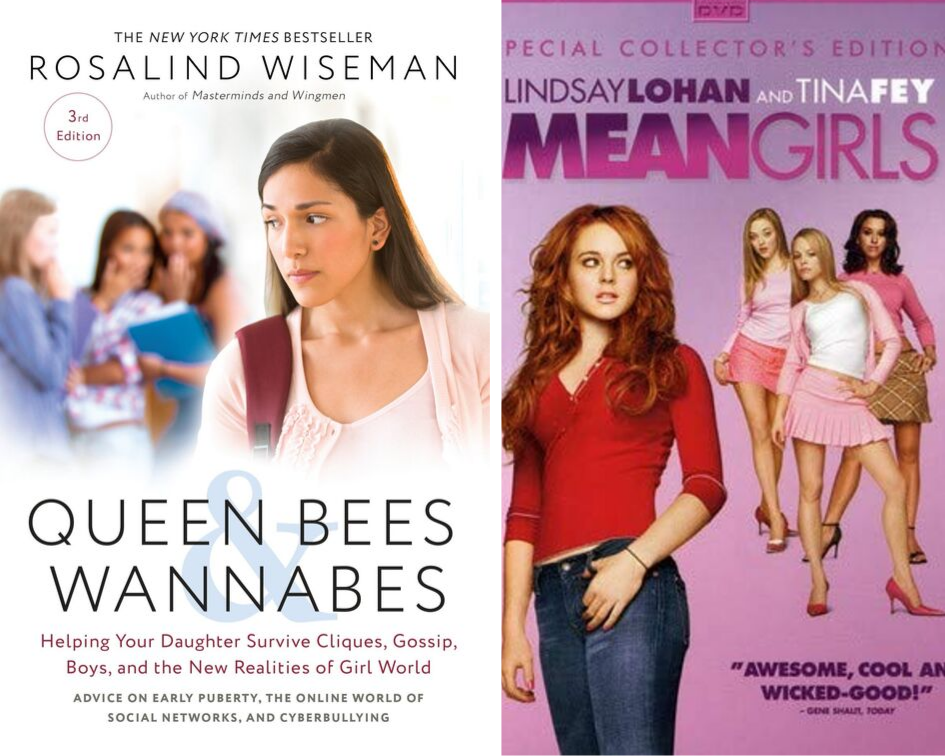
Tina Fey’s hit movie “Mean Girls” was actually based on a nonfiction book by Rosalind Wiseman called “Queen Bees & Wannabes,” which gave advice intended to help girls survive “the new girl world.”
Wiseman is a big fan of the movie adaptation, praising the way Fey adapted parts of the book and even incorporated offhand remarks the author had made to Fey.
“The movie wasn’t lecture-y,” she said in a 2014 article in The Atlantic. “It wasn’t after school special.”
And transforming a 448-page parenting guide into the type of movie you want to watch anytime you flip past it on cable means this movie adaptation wins the book vs. movie contest.
‘Fight Club’
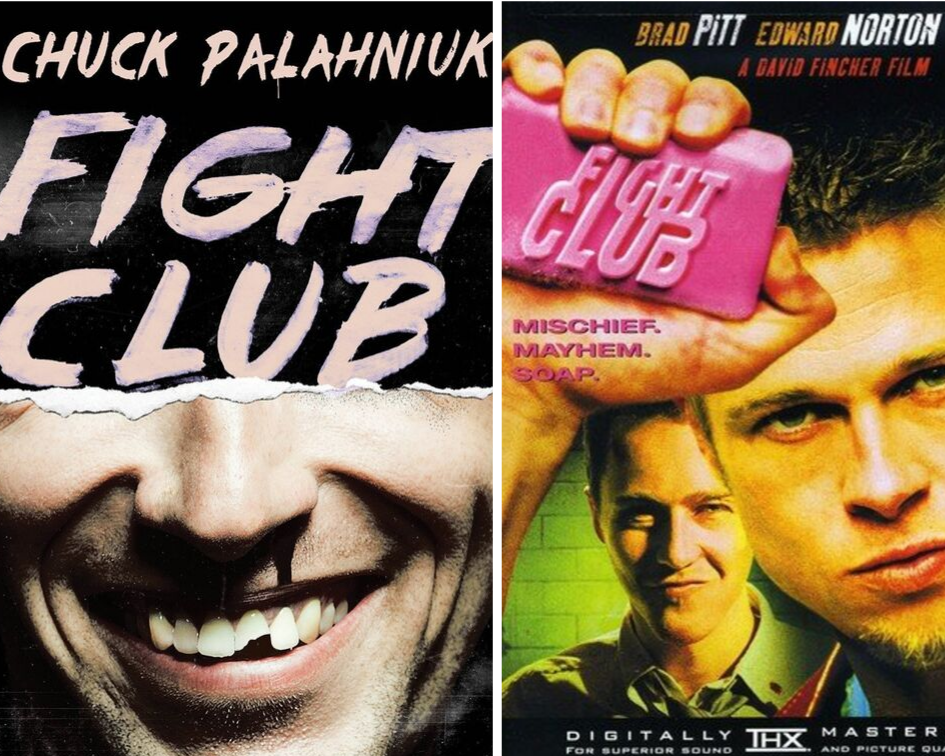
Chuck Palahniuk’s 1996 novel “Fight Club” is fast-paced and highly quotable, and the film has that same vibe. But Brad Pitt and Edward Norton as the two main characters bring the plot to a different level. Unlike the novel, the 1999 movie also takes a more critical look at the character of Tyler Durden, including in the changed ending.
There’s also been debate over whether Palahniuk’s writing is pedestrian or concise and charged. Either way, the language translated particularly well into film.
Palahniuk himself said he preferred the film to his own book in some respects after he saw it. “I was sort of embarrassed of the book, because the movie had streamlined the plot and made it so much more effective and made connections that I had never thought to make,” he told DVD Talk.
‘Bridget Jones’ Diary’
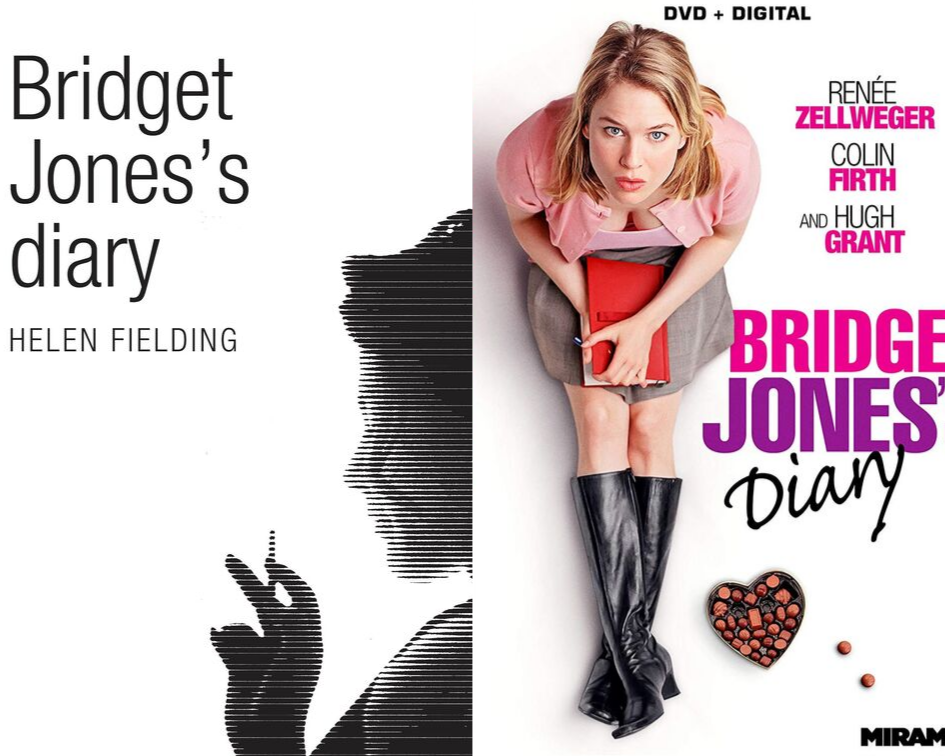
Like many of the films on this list, the movie version of “Bridget Jones’s Diary” surpasses its book form in large part because of its actors. Renee Zellweger is perfection as Bridget, and Colin Firth and Hugh Grant are perfect rivals. Sure, you could imagine what a throwdown between Daniel and Mark might look like. But it just doesn’t get any better than the film’s famous “street fight” between those two ineffectual middle-aged men.
‘The Maltese Falcon’
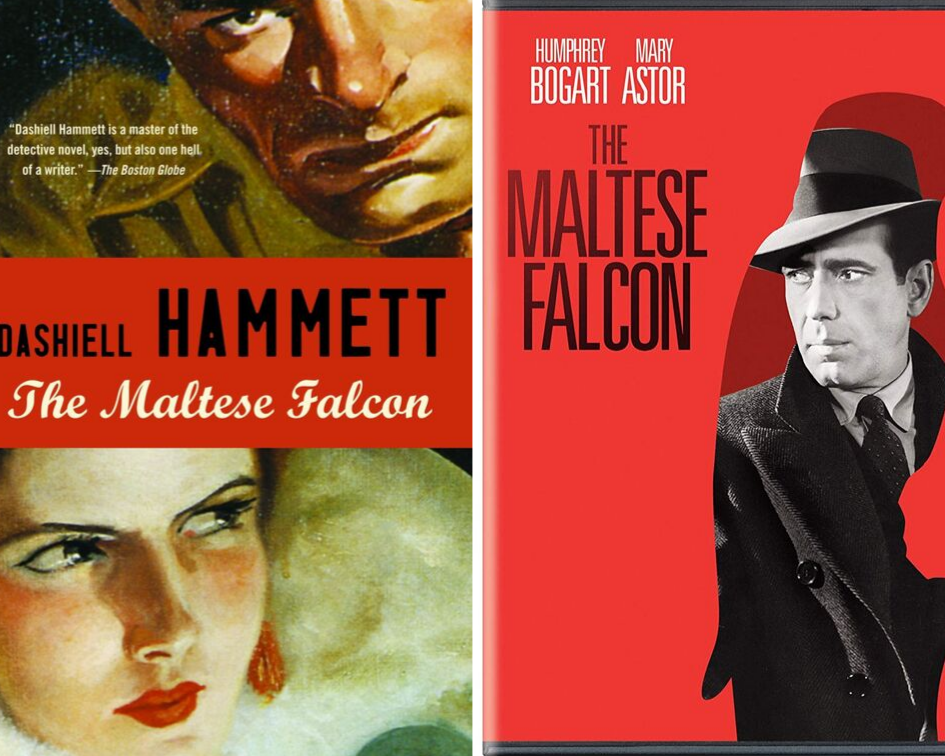
There were actually three film adaptations of the “The Maltese Falcon,” though it’s the 1941 Humphrey Bogart version that’s considered to have launched the “film noir” genre and become a time-tested classic. Movie critic and expert Leonard Maltin has called the John Huston 1941 film “the definitive private eye picture.”
Both Bogart and the stylish way “The Maltese Falcon” was filmed establish this as a top-tier movie adaptation.
‘The Stepford Wives’
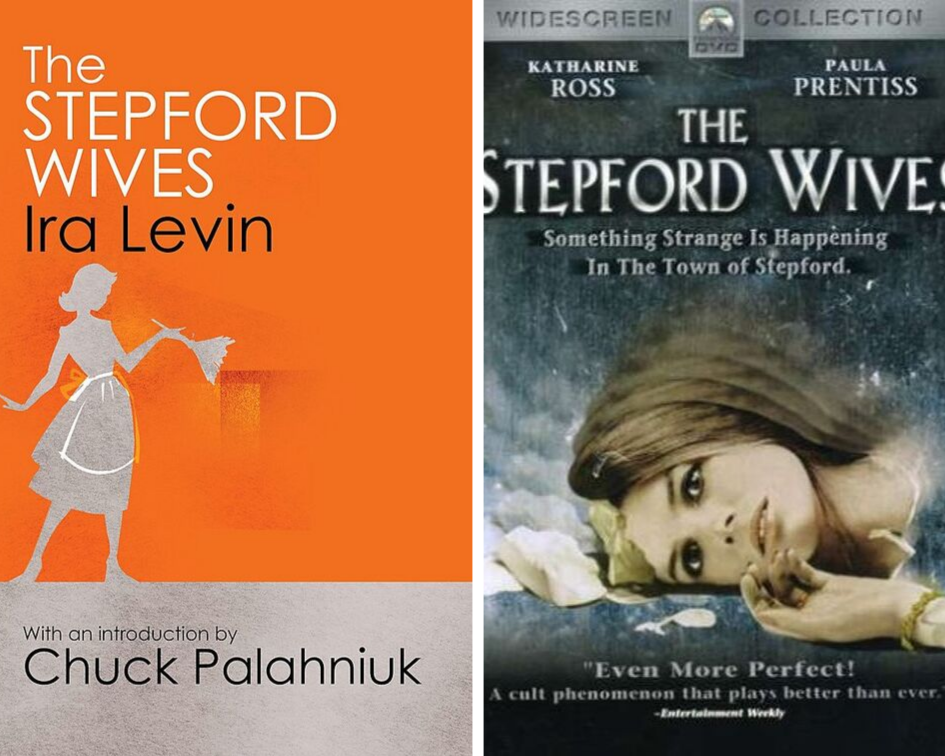
The 1975 film version of the book “The Stepford Wives” (not the 2004 version with Nicole Kidman) is more memorable than the book. In fact, it helped establish “Stepford Wives” as a common term used to reference a certain type of woman. It also started a debate on whether the film was “anti-woman” or was, rather, making a feminist statement. Apparently, Jordan Peele partially based his hit “Get Out” on the movie.
‘The Last of the Mohicans’
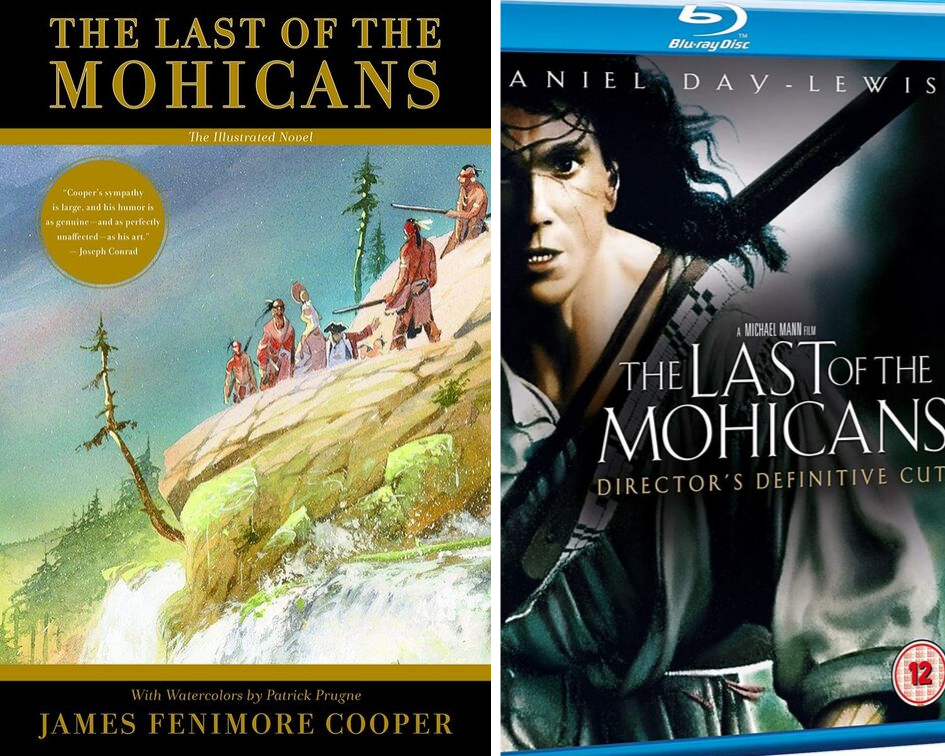
“The Last of the Mohicans” in book format is dense and rather un-PC as seen through this reader’s eyes today. But the Daniel Day-Lewis version of the novel not only sweeps you up in the romance of its lead couple but also teaches you about this time period in a fairly historically accurate way that doesn’t bore.
The Washington Post’s 1992 review described the film as “a rapturous revision of the schoolroom classic” and observed that Day-Lewis’ character Hawkeye “evolved from a celibate colonialist into a corset-popping proto-democrat.”
‘L.A. Confidential’
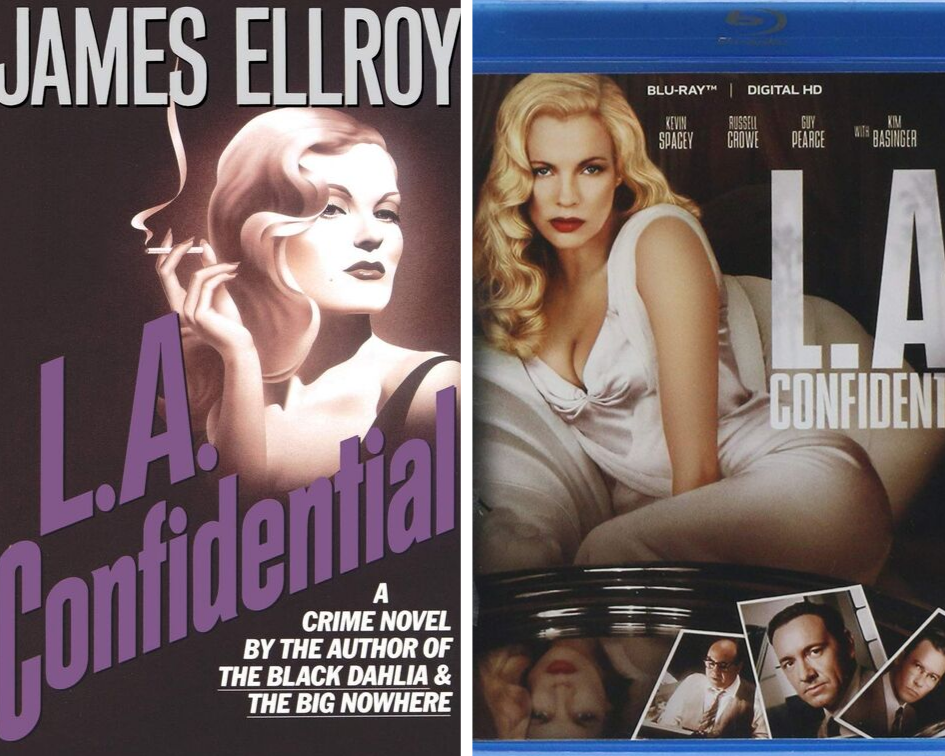
Interviewed in 2019, James Ellroy didn’t have great things to say about the movie version of his 1990 novel “L.A. Confidential,” but he did say it was the best film adaptation of any of his books.
An Oscar winner for her role in the film, Kim Basinger is a big reason to pick the 1997 film over the novel. Plus, the film so effectively conveys the 500-page book’s complicated plot and memorable characters that it won a slew of awards for a job well done.
‘Shawshank Redemption’
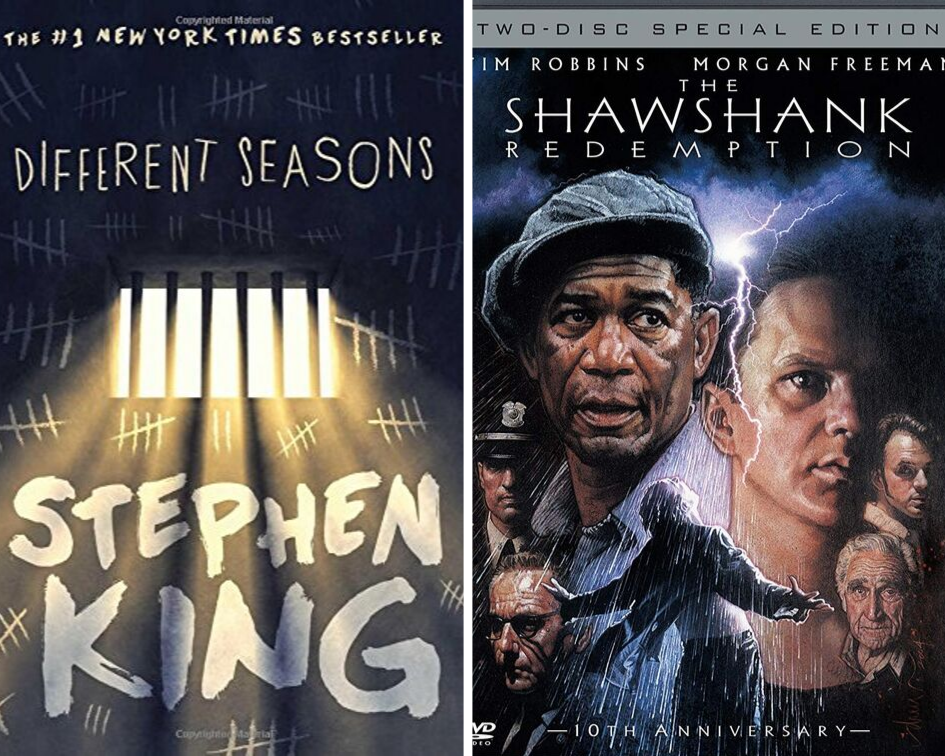
“Rita Hayworth and Shawshank Redemption” was the novella by Stephen King on which the movie “The Shawshank Redemption” is based. But while one is a story in a lesser-known collection of King’s writing, the other is considered to be one of the most popular films of the late 20th century.
The movie adaptation fleshed out the short King story and turned it into a critically acclaimed film, managing to turn the chronicle of a prison sentence into a heartwarming tale.
‘Jaws’
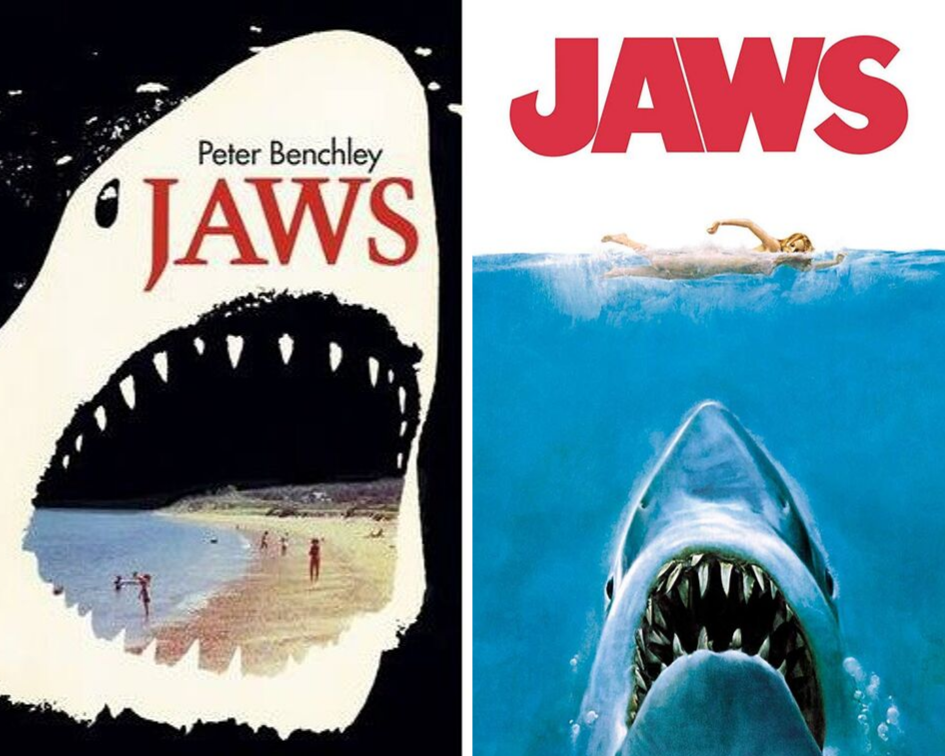
“Jaws” the book is an entertaining beach read. “Jaws” the movie, a classic that helped establish filmmaking standards for future blockbusters, won’t ever leave your mind.
The book is “a cynical story with subplots of corruption, class conflict, and an unhappy marriage falling apart, all of which lead to a downbeat ending,” according to the AV Club article on the film adaptation.
Steven Spielberg cuts to the chase in the film, rarely showing the shark but creating maximum terror all the same. He also makes us care about the characters hunting down the Great White.
Plus that John Williams “Duuun dun” score is one for the ages.
‘Jurassic Park’
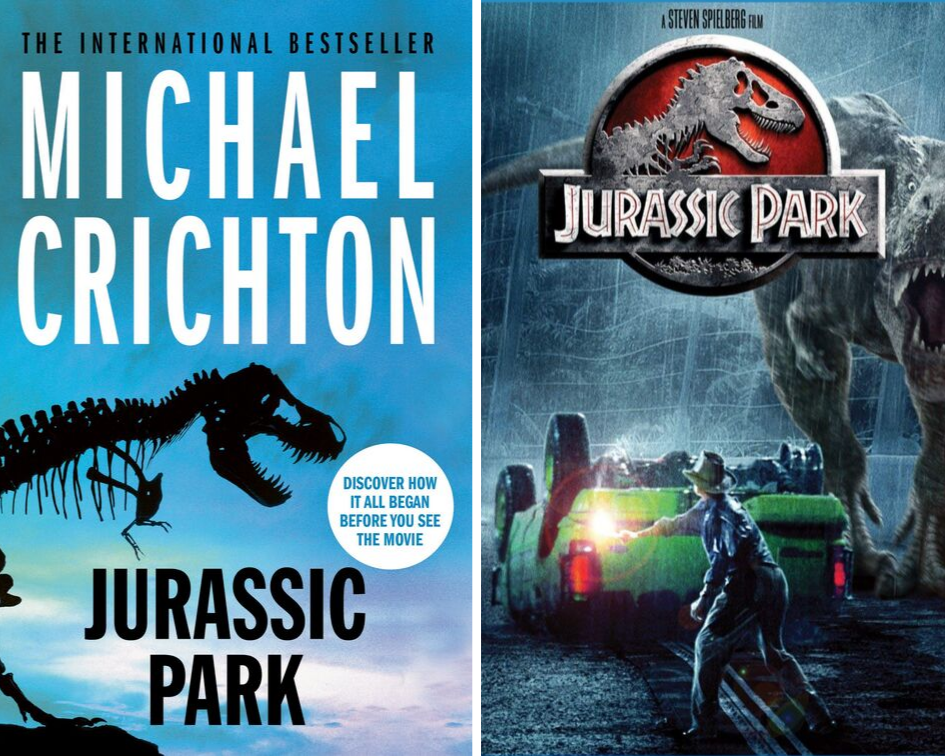
Michael Crichton’s “Jurassic Park” was a page-turner. But the 1993 film version of the bestseller topped the book thanks to its state-of-the-art special effects and gripping scenes. Who can forget the T-Rex Jeep chase or the velociraptors in the kitchen?
Crichton’s book also gets bogged down in some of its scientific descriptions. In comparison, the film has the charismatic Dr. Ian Malcolm to break down the big principles for the audience.
‘Forrest Gump’
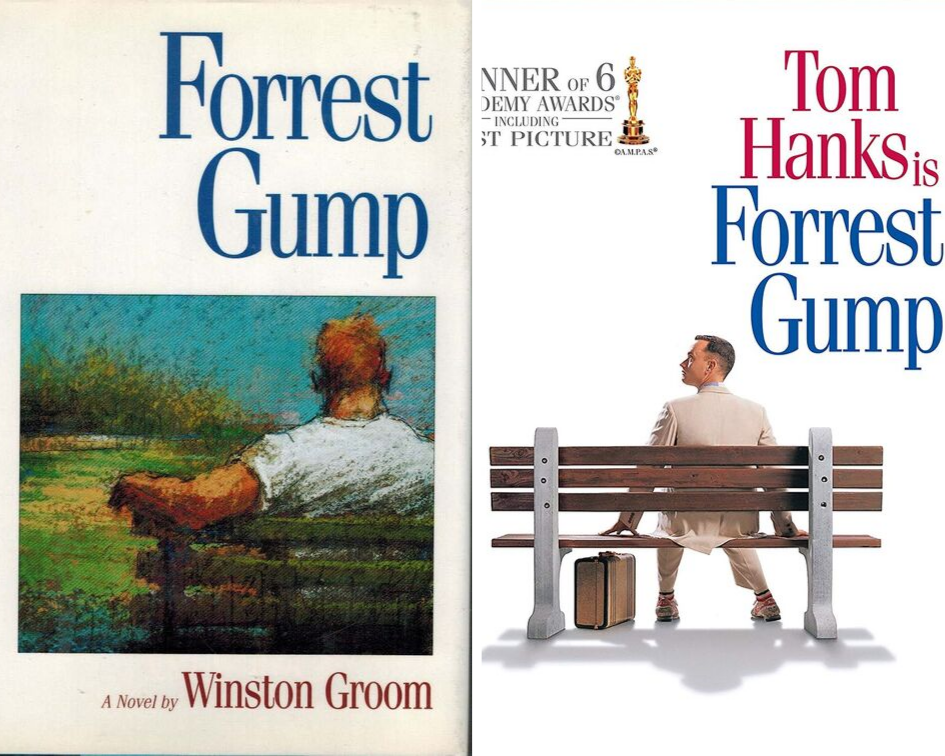
“Forrest Gump,” the classic film, is based on a book by the same name. But the book’s tone is much different than the film’s. The AV Club describes it as “something of a nasty piece of work, far more vulgar and cynical than the film.”
The film, meanwhile, focuses on hope for society through Forrest’s sweetly innocent worldview. Audiences seemed to find the “life is like a box of chocolates” movie version much more palatable.
‘The Prestige’
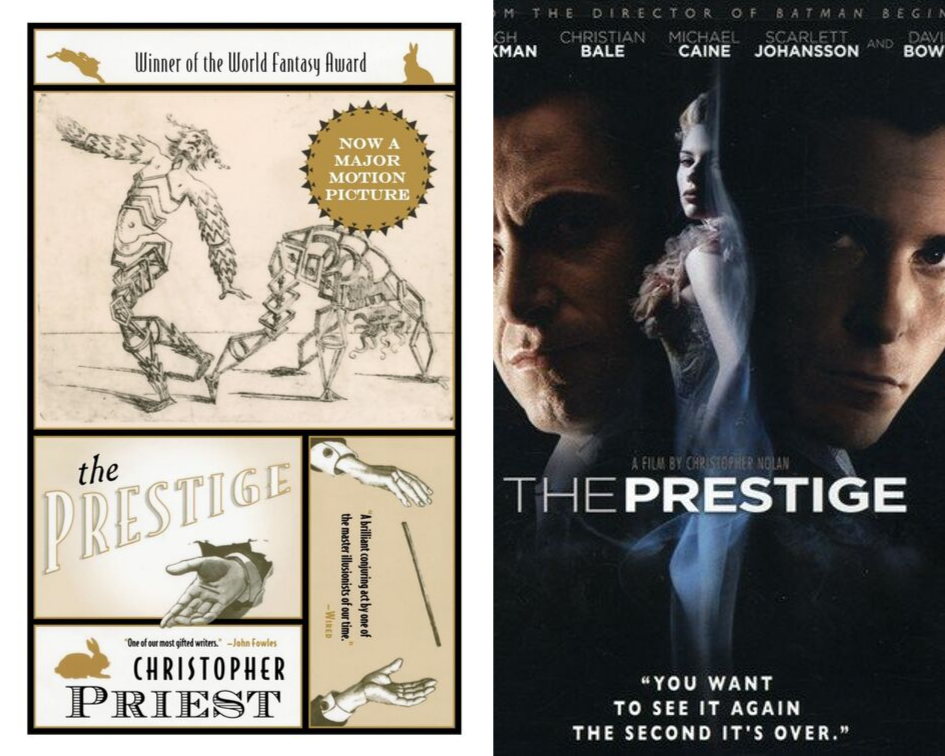
“The Prestige” is a book about magic, while its film adaptation just is magical.
“‘The Prestige’ is the best kind of film adaptation, deeply faithful to the source and at the same time startlingly new,” wrote a reviewer for The Guardian.
Its sumptuous sets and costumes and top-notch actors make this an excellent adaptation.
‘Arrival’
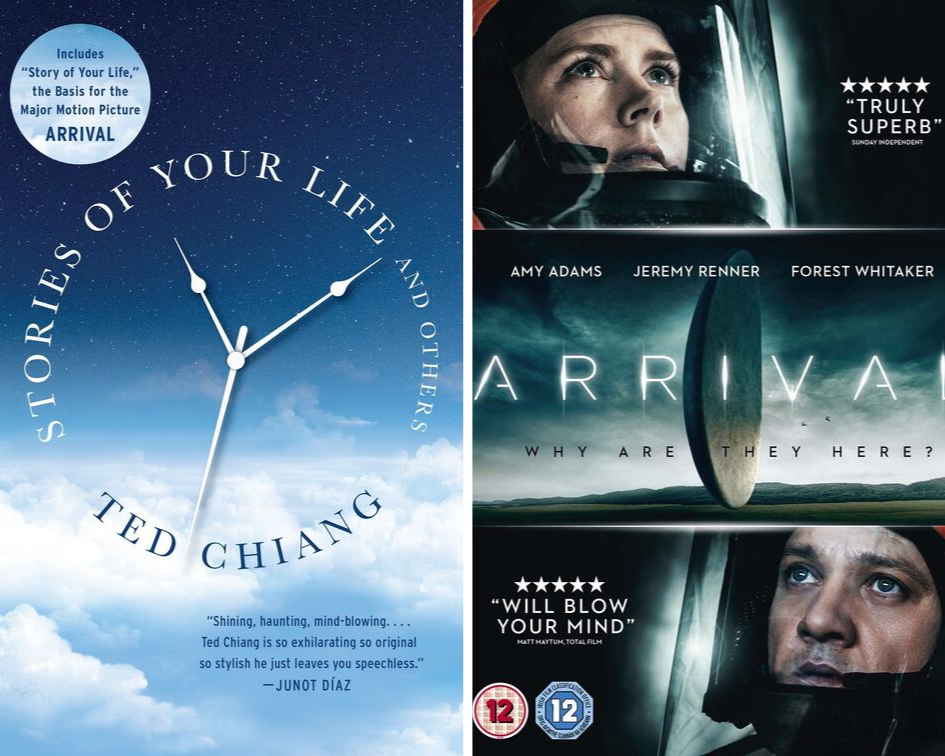
“Arrival” the movie is based on a short story by Ted Chiang called “Story of Your Life.” The film expands the story and adds Amy Adams’ winning performance alongside Jeremy Renner.
According to Anything Libraries, the movie adaptation “manages to render the complexity of ‘Story of Your Life’ accessible, remain true to the story’s alternately cerebral and humanistic tone and expand the scope of the story in ways that feel logical, exciting and earned.”
‘The Notebook’
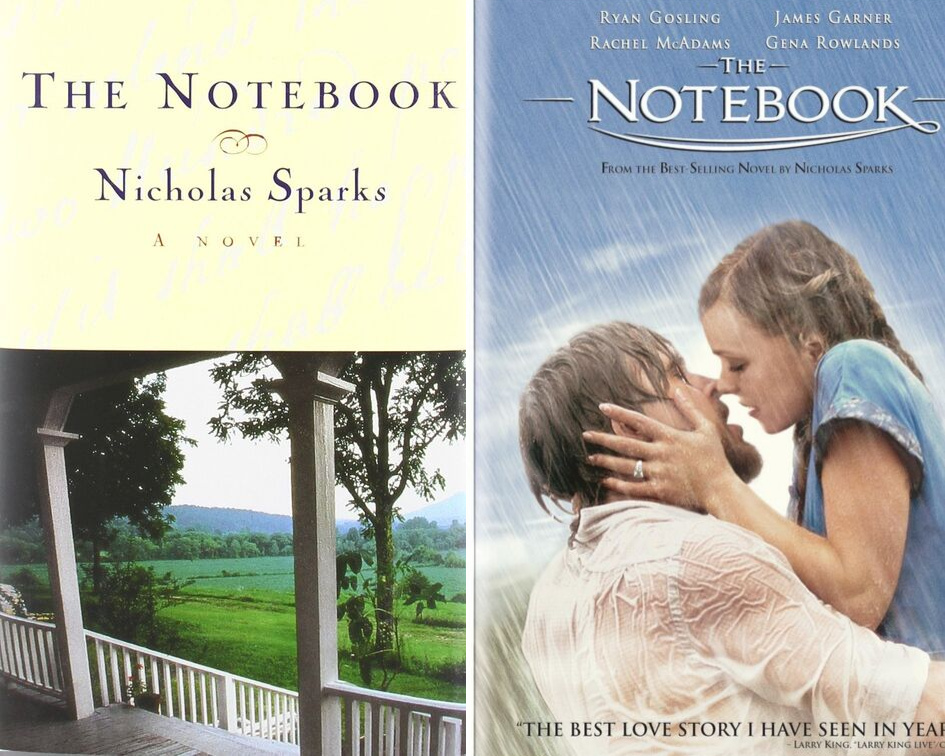
Like many of Nicholas Sparks’ books, “The Notebook” — based on a true story — verges toward the melodramatic and sappy. The movie version, meanwhile, sticks out in viewers’ minds thanks to the incredible chemistry between Ryan Gosling and Rachel McAdams, in addition to the sweet older love story between James Garner and Gena Rowlands.
‘The Princess Bride’
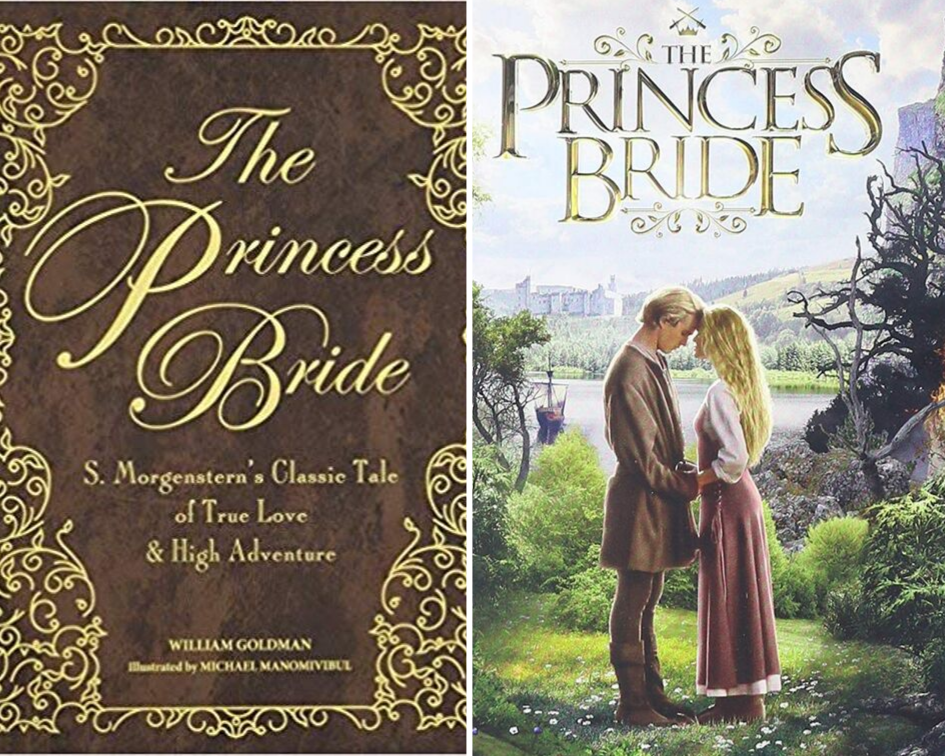
“The Princess Bride” as a book is sweet, but it gets complicated when the author begins throwing in asides and interjections. As a film, however, it’s iconic, a perfect blend of humor, fantasy and action.
It probably helped that William Goldman, who wrote the book, also wrote the screenplay for the movie. It was as he wished.
‘The English Patient’
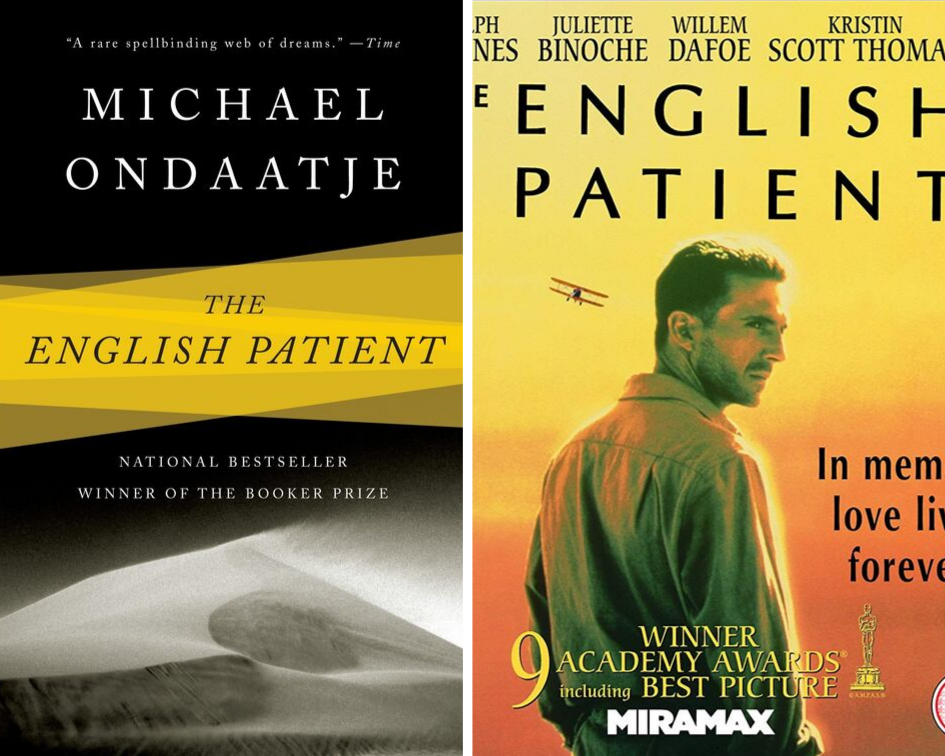
When it comes to “The English Patient,” it’s not so much about which one is better. The book, after all, was chosen in 2018 as the best book to win a Booker Prize in the last 50 years. Rather, it’s about how the movie adaptation so skillfully changed a time-jumbled novel into a well-told and well-visualized film.
The New York Times called the movie version “a brilliant example of how a supremely literary, interior novel can be turned into an elegant yet dynamic film.”
‘The Godfather’
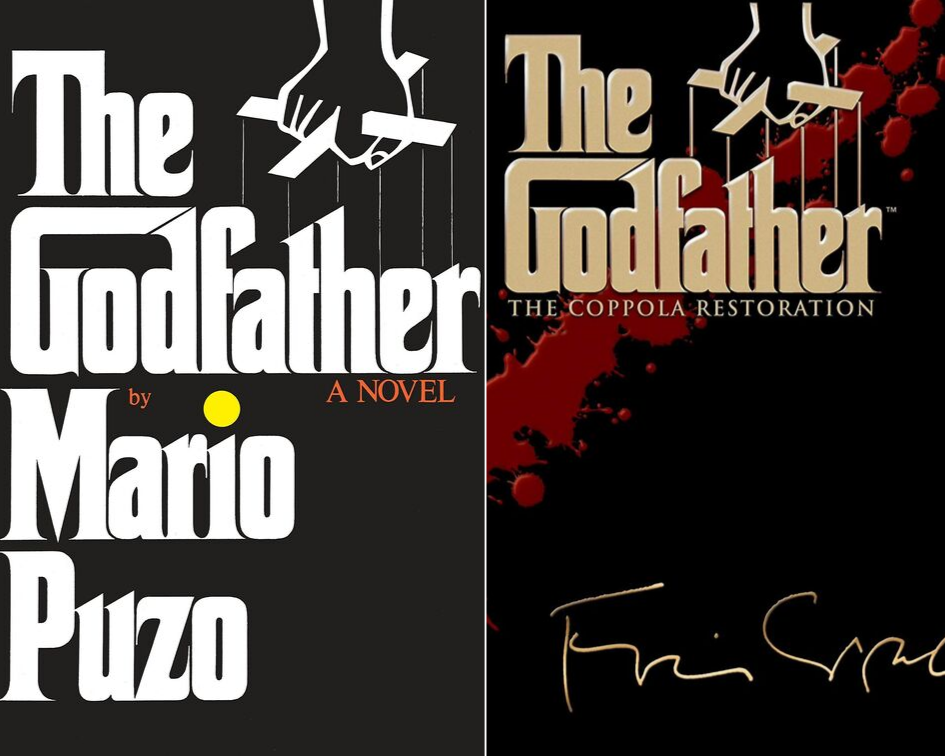
The book version of “The Godfather” meandered and had some odd side plots that the Francis Ford Coppola movie adaptation trimmed down or saved for “The Godfather Part II.” Not only that, but the movie adaptation managed to make both horses and cannoli unforgettable. It’s considered one of the best movies in cinematic history.
‘Die Hard’
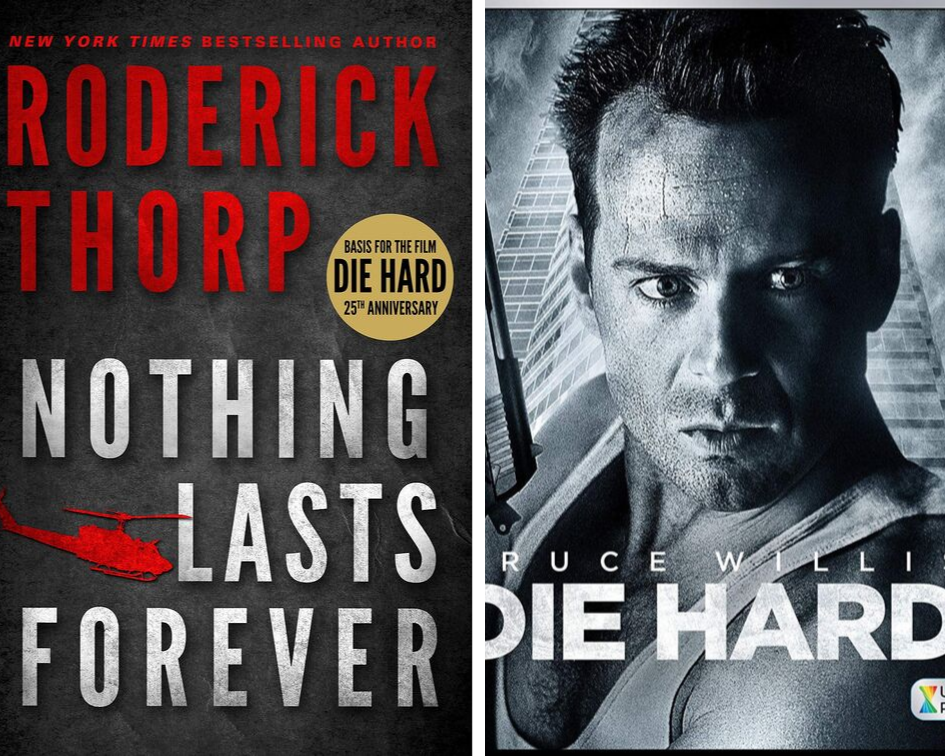
Forget the debate over whether or not “Die Hard” is a Christmas movie. The film is one of the best action movies ever made, containing the perfect villain, the perfect mix of humor and helicopters, and the perfect hero.
“Nothing Lasts Forever,” the 1979 novel on which “Die Hard” is based, may be a bestseller, but it now reads as a bit dated. The movie is funny, charming and has a machine gun, ho, ho, ho.
‘Stand By Me’
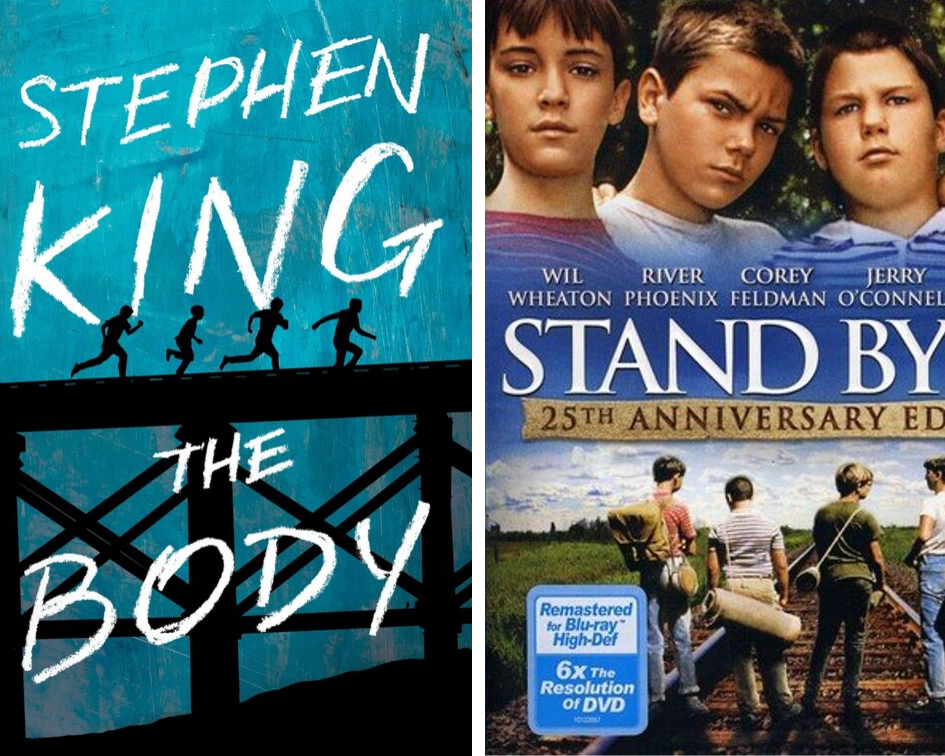
“Stand By Me” is a loose retelling of Stephen King’s novella “The Body,” in which a group of boys go looking for a body in the woods. Where the movie wins out is not only through the choice of the child actors, but in the way it so perfectly conveys boyhood friendships.
“I never had any friends later on like the ones I had when I was twelve,” says the narrator in the final line of the film. “Jesus, does anyone?”
‘Fantastic Mr. Fox’
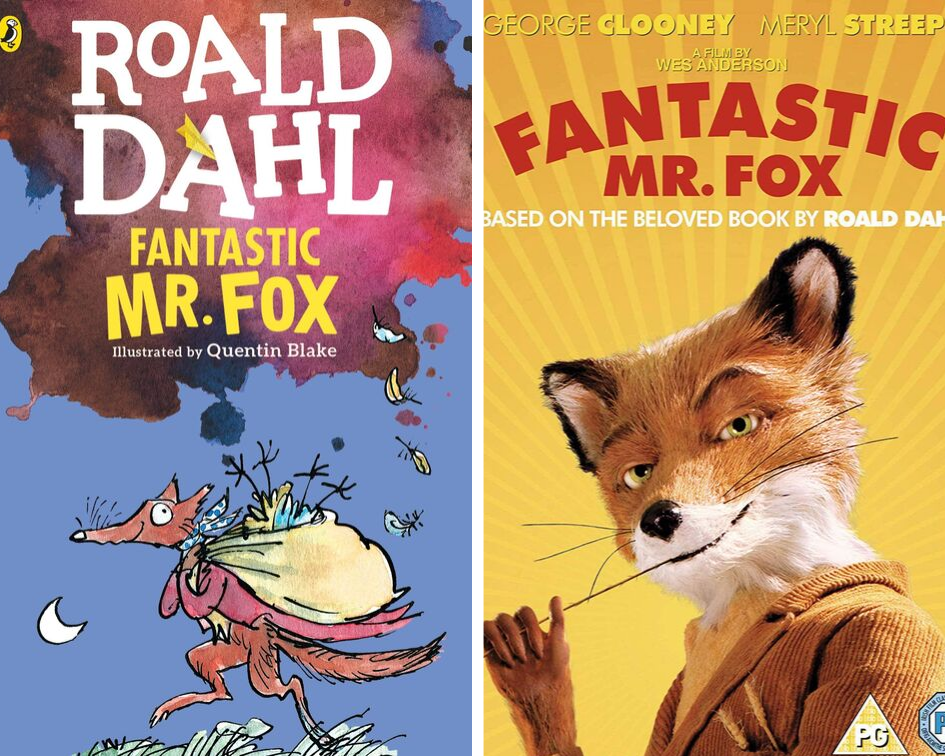
Roald Dahls’ “Fantastic Mr. Fox” is not one of the author’s best-known books, but Wes Anderson’s 2009 version — visually captivating and witty — has made the story unforgettable. And fun fact: The film’s ending, which didn’t make it into the final book, was taken from Dahl’s original manuscript. Felicity Dahl, Roald Dahl’s widow, said that when she saw the film, it took her breath away.
“When I was watching the finished film, I thought, He’d love this,” she said. “I could feel him smiling.”
‘Election’
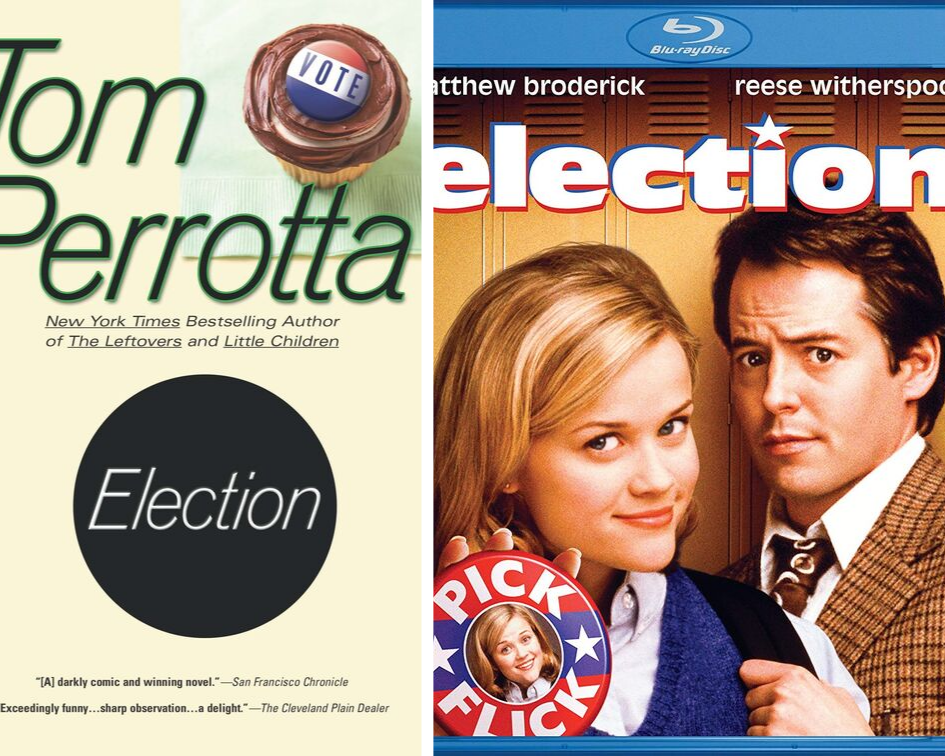
Even the author of “Election,” Tom Perrotta, thought the movie adaptation of his 1998 book had a better take on his main character, mostly because of Reese Witherspoon’s performance, which turned Tracy Flick from a sexual manipulator to “a go-getter who’s a little bit over her head when it comes to sexual matters,” Perrotta said in a 2019 Huffington Post retrospective.
Perrotta said the movie fairly satirized all the characters in his book. And as Vanity Fair put it, “As played by Witherspoon, Tracy Flick is the sort of nuanced character that serves as a tabula rasa for her audience’s feelings about women, especially ambitious young women.”
‘The Devil Wears Prada’
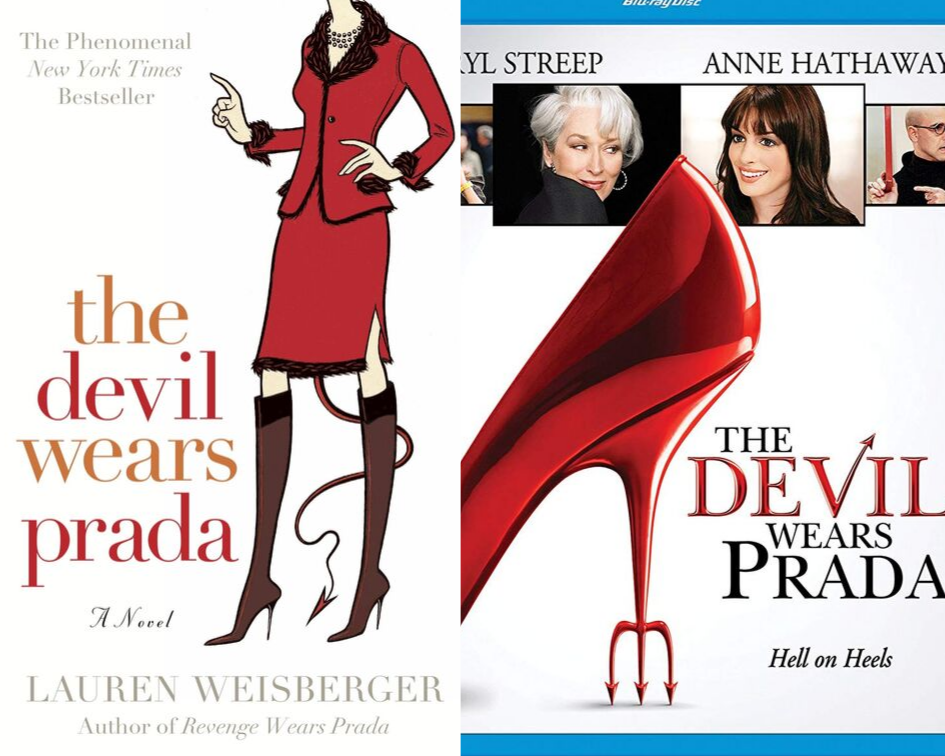
Two words: Meryl Streep. “The Devil Wears Prada” as adapted for the screen glides past its literary predecessor thanks to Streep as Miranda Priestly, who wears designer clothing and an icy calm expression as she whips out caustic remarks to her assistant, Andrea, played expertly by Anne Hathaway. Emily Blunt, in a breakout role, and Stanley Tucci also had memorable parts.
‘Crazy Rich Asians’
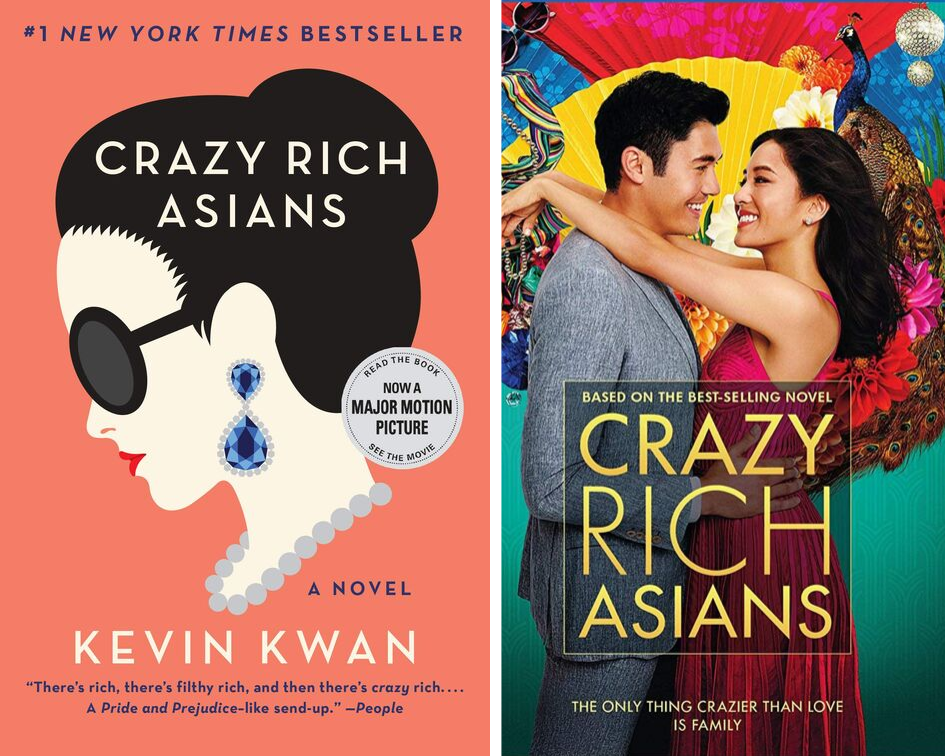
The movie version of “Crazy Rich Asians” condenses much of the plot from its source material. It also takes some material from the next book in Kevin Kwan’s trilogy, “China Rich Girlfriend.” But the blockbuster film also enhances all of the color, detail and extravagance of the novel’s world while making characters like Araminta Lee more relatable. Plus, the movie has the amazing Awkwafina as Peik Lin.
Sponsored Content


